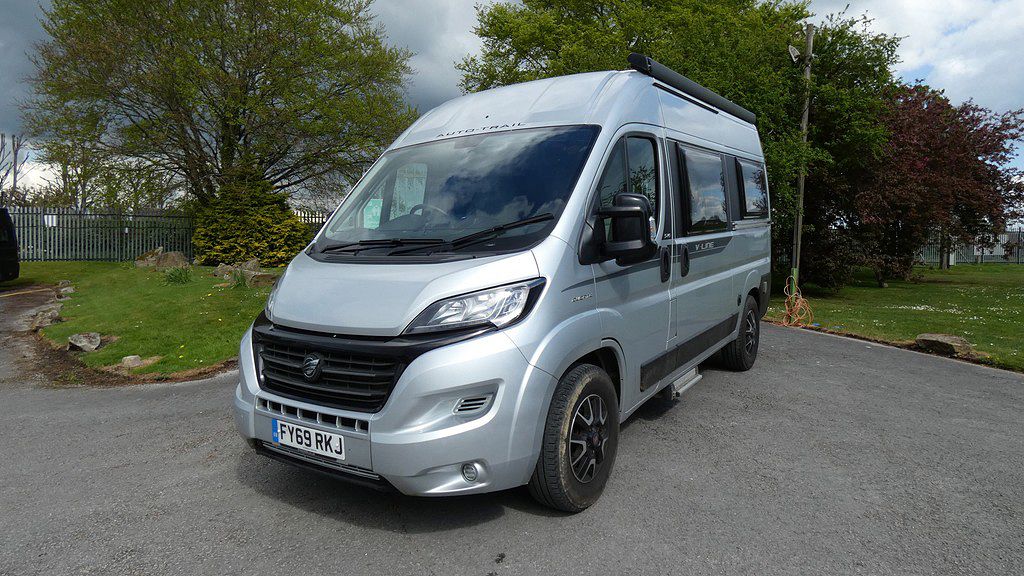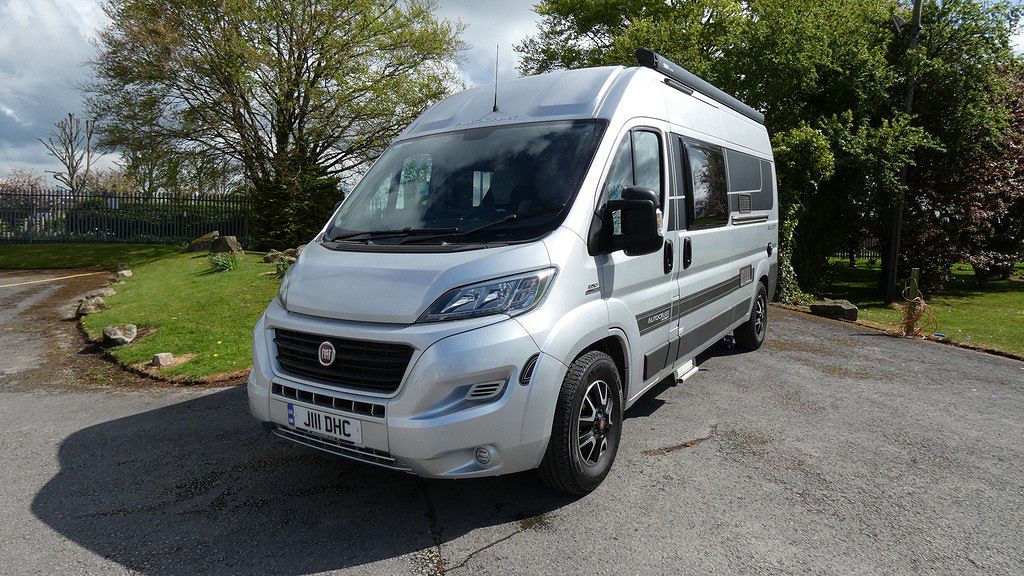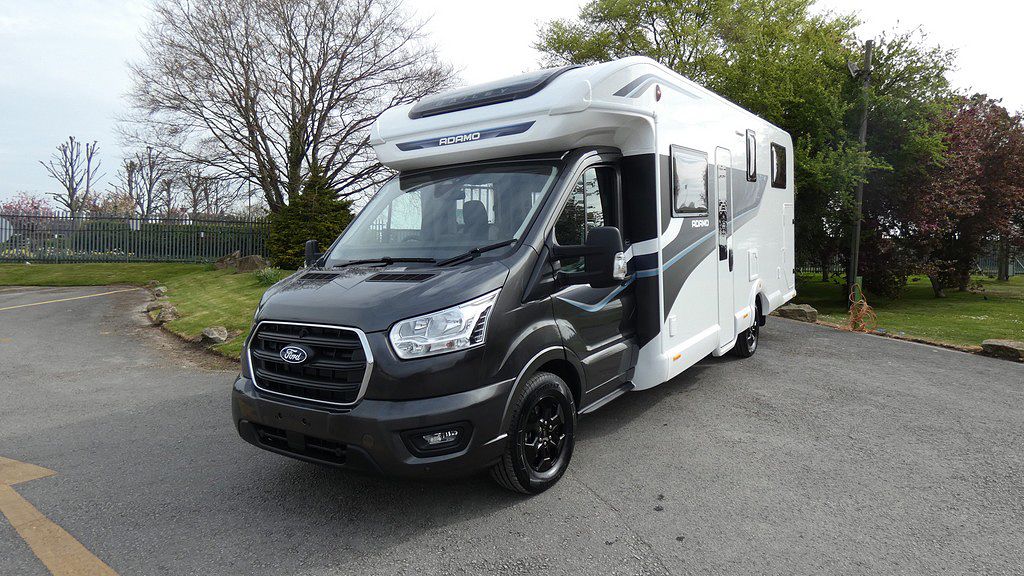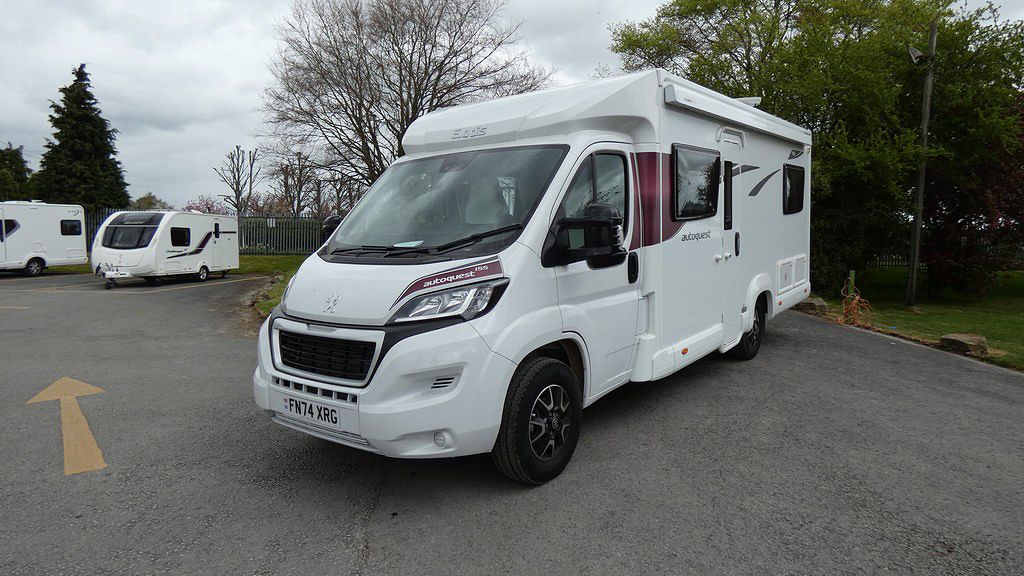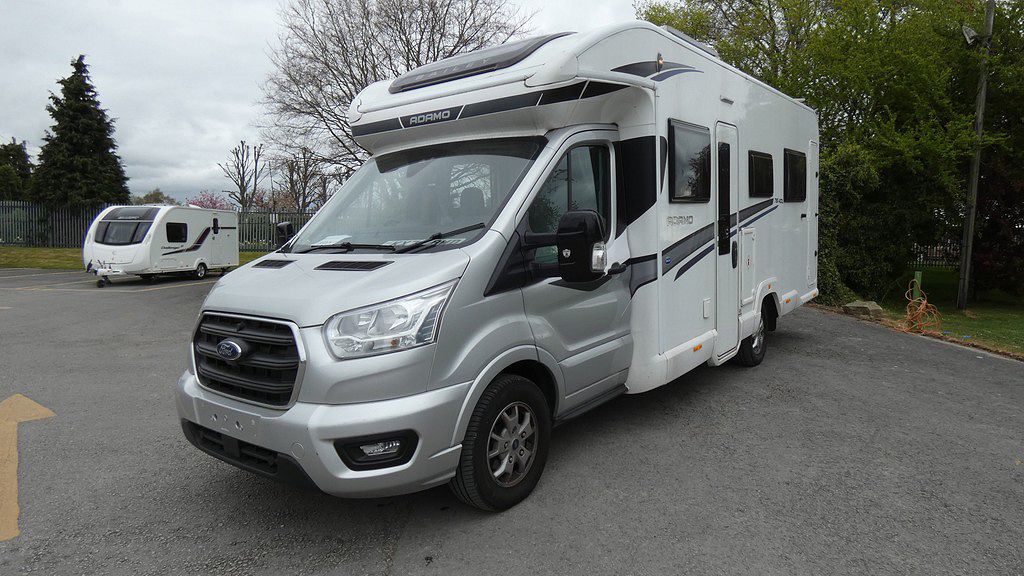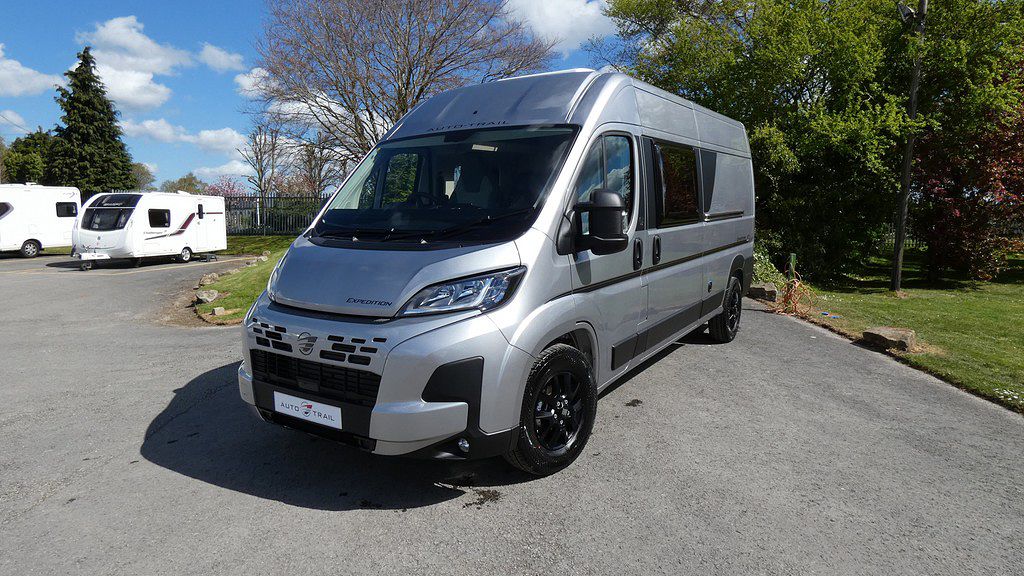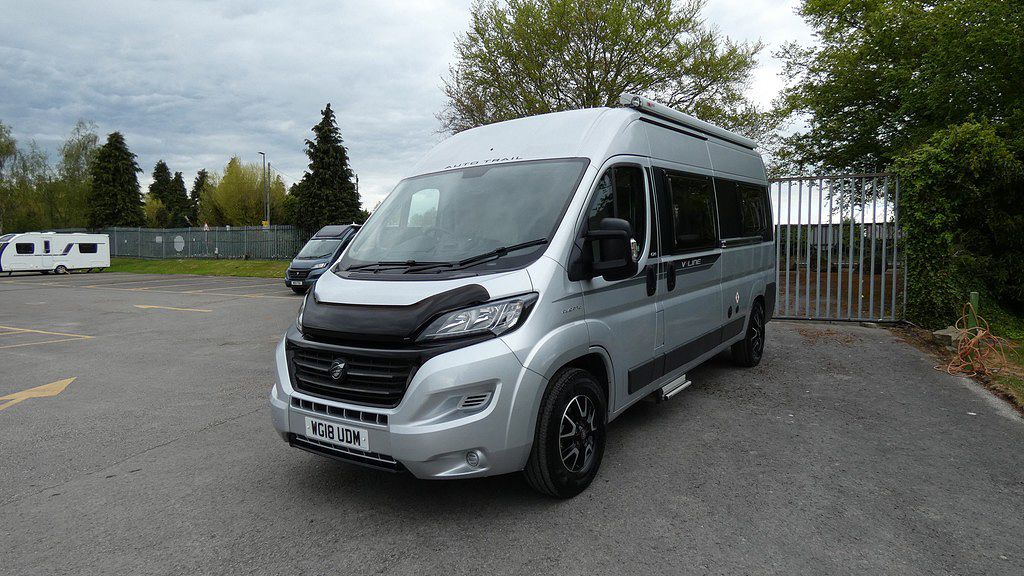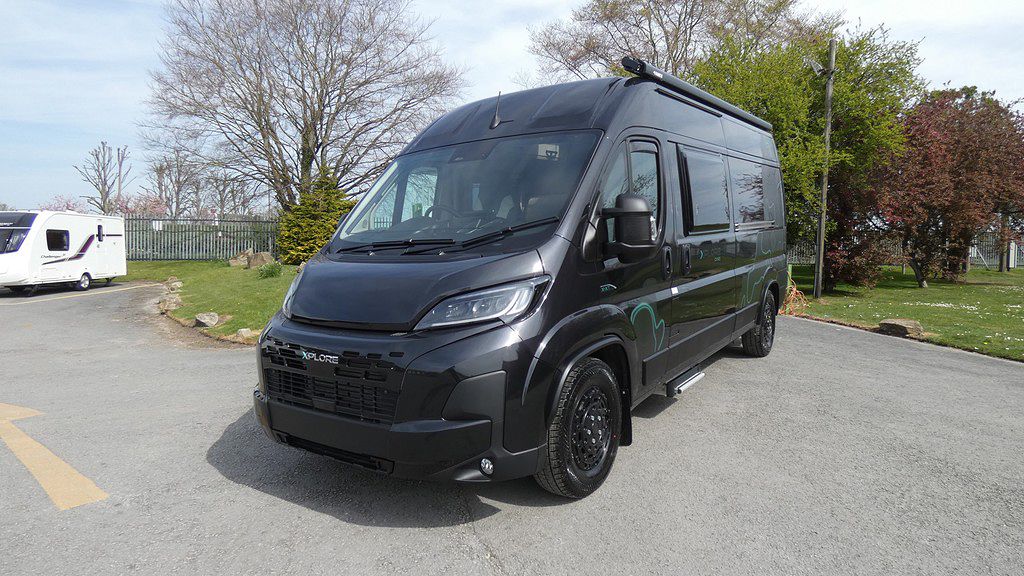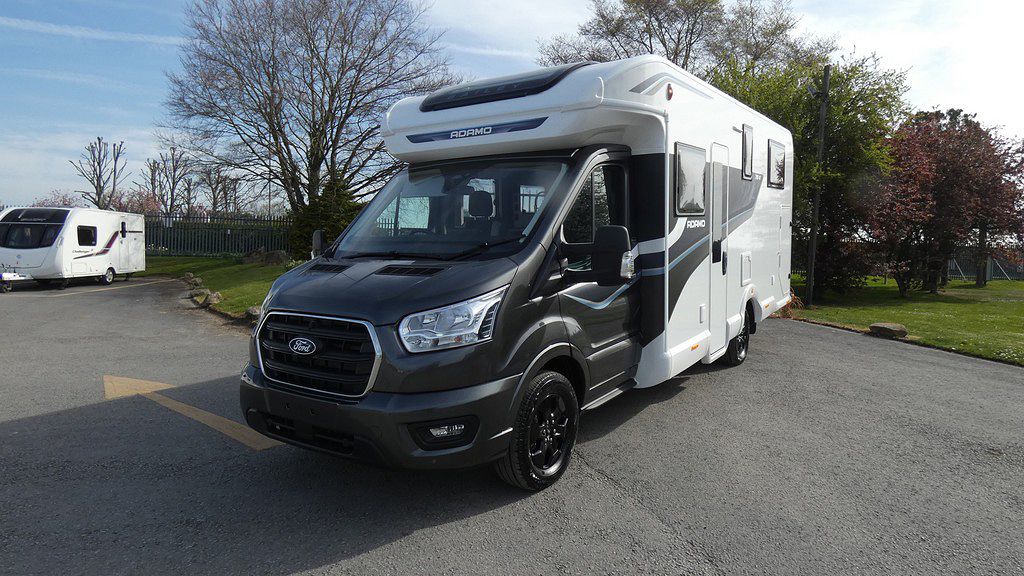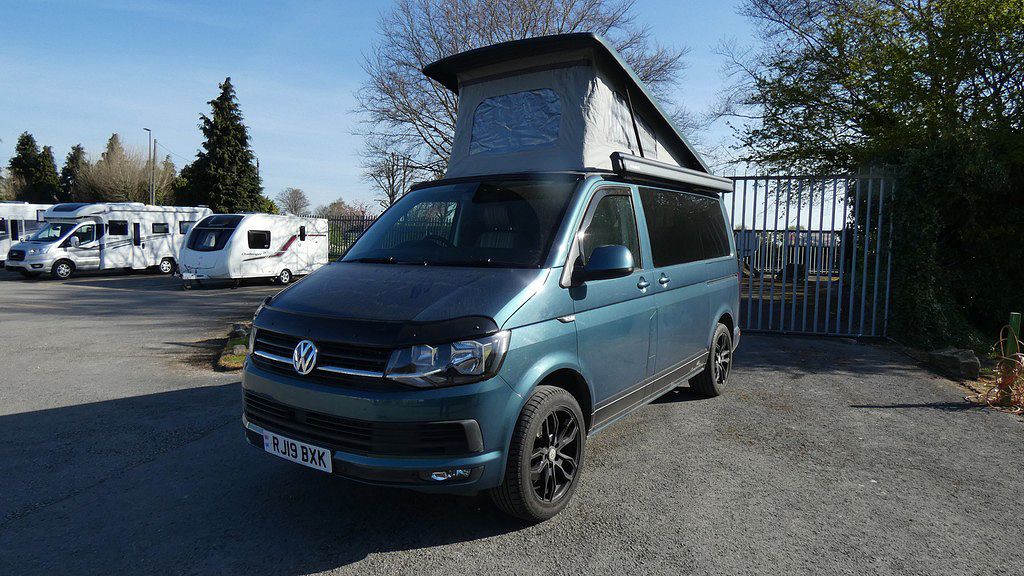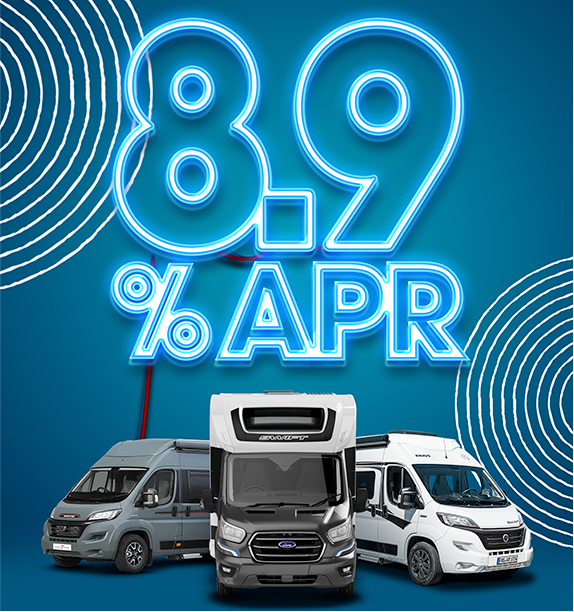Motorhome Depreciation – A Definitive Guide
4 minutes well spent
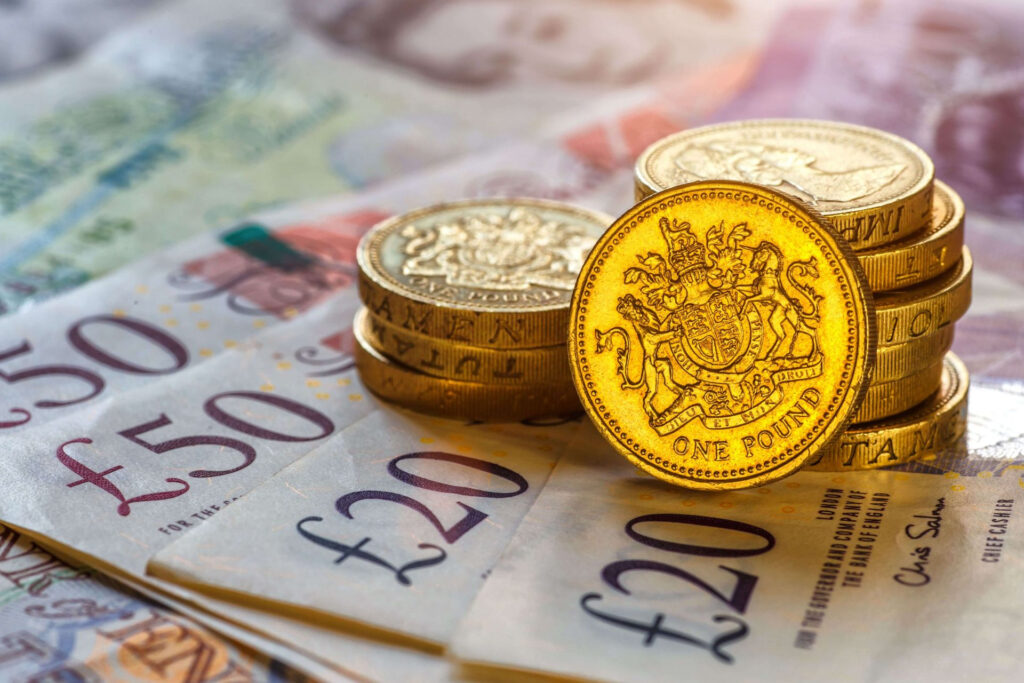
In this article
When you buy a motorhome or caravan from new, it’s a certainty that the monetary value of it will go down over time. It’s unavoidable. You will doubtlessly already be aware of this phenomenon if you own a car. It’s known as depreciation, and while there are no hard and fast general rules for it, it’s fair to say that in the leisure vehicle world the factors which cause this reduction in value differ a little to those of a car (or other road vehicles).
In other words, there are certain things which have an effect on the rate of depreciation. The biggest drop in the value of a brand new motorhome takes place in the first year, when it is likely to lose around 20% of its forecourt value. After five years the rate of depreciation levels off considerably and becomes manageable. From new a motorhome should last, in theory, for around 20 years or 200,000 miles (whichever is reached first). In reality longevity will vary slightly from vehicle to vehicle, and depreciation can be influenced by you, the owner.
What are the Factors Influencing Motorhome Depreciation
1. Motorhome Brands
Motorhome manufacturer brands which have a strong and solid presence in the marketplace will retain their value better (or another way of putting it, depreciate at a slower rate) than brands which are not as popular or widespread.
2. Extras and Adaptations to Your Motorhome
You might assume that installing aftermarket products will increase the value of your motorhome. However this isn’t always the case. Fitting generic extras with lower specification than the vehicle itself or installing accessories yourself rather than employing a professional to do it for you, can affect the value of your motorhome – and, in some cases it will actually decrease it, therefore accelerating the rate of depreciation. If you possibly can, you should always have a professional fit extras and accessories for you, and even though this may cost you more in the short term, it could prove financially beneficial over the longer term as the job will have been done absolutely correctly.
3. The Motorhome Market
This is one area you cannot control – and, in fact, nobody can. Significant global or national issues (a recession, for example, or a pandemic) can affect the value of everything, as economies will fluctuate in response. This type of influence on the market will therefore have an impact on the value of your motorhome as the basic principle of ‘supply and demand’ comes into play. If people have less money they are going to spend less. Interestingly, there can also be a positive effect. Due to the border closures and tighter regulations around the pandemic, the demand for motorhomes grew as the ‘staycation’ became the only viable alternative for those looking to go on holiday.
4. Condition of Your Motorhome
Leisure vehicles are not cheap, and so anyone who makes an investment of this size is more than likely to do what they can to look after it – and this is also a crucial factor in its depreciation / loss of value. The better it is cared for and maintained then the more likely it is to be easy to sell (if and when the times comes). There are certain things you can do to make sure your motorhome stays in great condition, and we’ll look into those here.
Things to do to Prevent Rapid Motorhome Depreciation
1. Weather
Protecting your motorhome from the impact of the natural environment is easier said than done – after all, you can’t control the weather. However, there are things you can do to minimise – storing the motorhome in a garage, for instance, is better than storing it outside. If it does have to stay outside then using some sort of weather cover is going to be better than not using one.
2. General Motorhome Maintenance
There are things you can do yourself to maintain motorhome performance, but it may be more beneficial to hire a mechanic, as they are experts and will know exactly how to take care of these things for you. Mechanical and technical things such as fluid replacement, engine cleaning, fuel injections, tyre pressure checks / pumping, tyre replacement (when necessary), brake pad checks and changes etc… Beyond these ongoing things, regular servicing is important. Crucial, in fact.
3. Motorhome Servicing
You should get your motorhome service once a year or every 10,000km – whichever arrives first. This will ensure that the mechanical and engineering elements are monitored and maintained as they should be. Any potential problems can be picked up before they develop. Keep paperwork and records of services etc, as these are visible proof for potential buyers. Failure to do so is likely to mean buyers will expect to pay a lower price for the motorhome.
4. Cleaning Your Motorhome
Clean your motorhome regularly – both outside and in. This will keep things ‘fresh’. You should also regularly check things like window and door seals, the free movement of door and hatch handles etc. Get the vehicle washed and valeted whenever possible as this will keep the aesthetic clarity high. Things won’t get ‘tired’ or worn if they’re looked after.
There is no avoiding depreciation when you buy a motorhome. It is going to happen. But by doing what you can to keep your vehicle as close to ‘box fresh’ as possible, you are going to arrest the rate of depreciation in some way. As we said at the start of this blog, it’s not an exact science – but there are things you can do to put yourself in the best position possible to make back money when you sell.
You may be wondering “how much is my motorhome worth?” – and here at Don Amott we can take a look at your vehicle and give you a motorhome quotation. Take a look through our checklist of steps, in this blog, and then give us a call!

